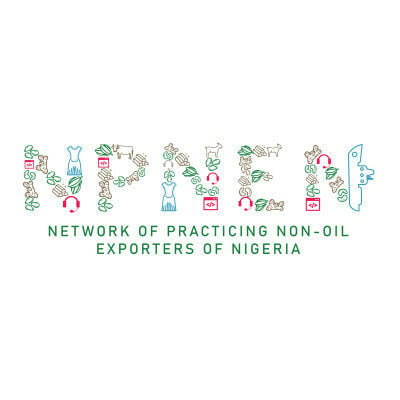The Network of Practising Non-oil Exporters of Nigeria (NPNEN) has expressed deep concern over the federal government’s recent announcement of an outright ban on the export of raw shea products.
The president of NPNEN, Dr Ahmed Rabiu, while expressing the network’s concerns, yesterday, in Abuja, told journalists that while the intent of promoting local value addition and industrialisation is commendable, the approach taken is ill-timed, poorly executed, and risks causing severe disruptions across the shea value chain.
Rabiu said that exporters and stakeholders in the non-oil export sector recognise the importance of value addition and industrialisation. He added that many of his members have consistently advocated for policies that grow local industries, empower women in rural communities, and attract investment into processing facilities.
He argued that bans are not strategies but give investors the wrong impression. “The word ‘ban’ sends the wrong signal to investors, destabilises livelihoods, and undermines Nigeria’s credibility in international trade agreements at regional, continental, and multilateral levels.”
“This ban comes right in the middle of the shea trading season. Contracts have been signed, advance payments have been made, and raw products have been purchased. Exporters are now trapped between honouring international commitments and obeying a sudden directive. Who bears these losses?”, he lamented.
While stressing some of their key concerns about the decision, including lack of consultation, absence of infrastructure, trade credibility risks, and poor timing, the network urged the government to reverse the ban in its current form and replace it with a phased restriction tied to measurable milestones.
The network president requested that the federal government engage exporters, processors, and investors in a genuine stakeholder consultation process. He also said the government should invest in processing facilities across shea-producing states, modelled after the Mokwa facility, to create the infrastructure needed for large-scale value addition.
He also demanded that they should provide incentives for SMEs and women-led enterprises in the shea value chain and align all trade measures with Nigeria’s regional and continental commitments under ECOWAS and AfCFTA.
“The shea sector offers Nigeria a unique opportunity to create jobs, empower women, and drive non-oil export growth. But this opportunity will be squandered if policies continue to be reactive, unilateral, and disconnected from ground realities.
He added that NPNEN stands ready to work with the government to design a roadmap that strengthens the shea sector, supports exporters and processors, and positions Nigeria as a global leader in value-added shea products.





